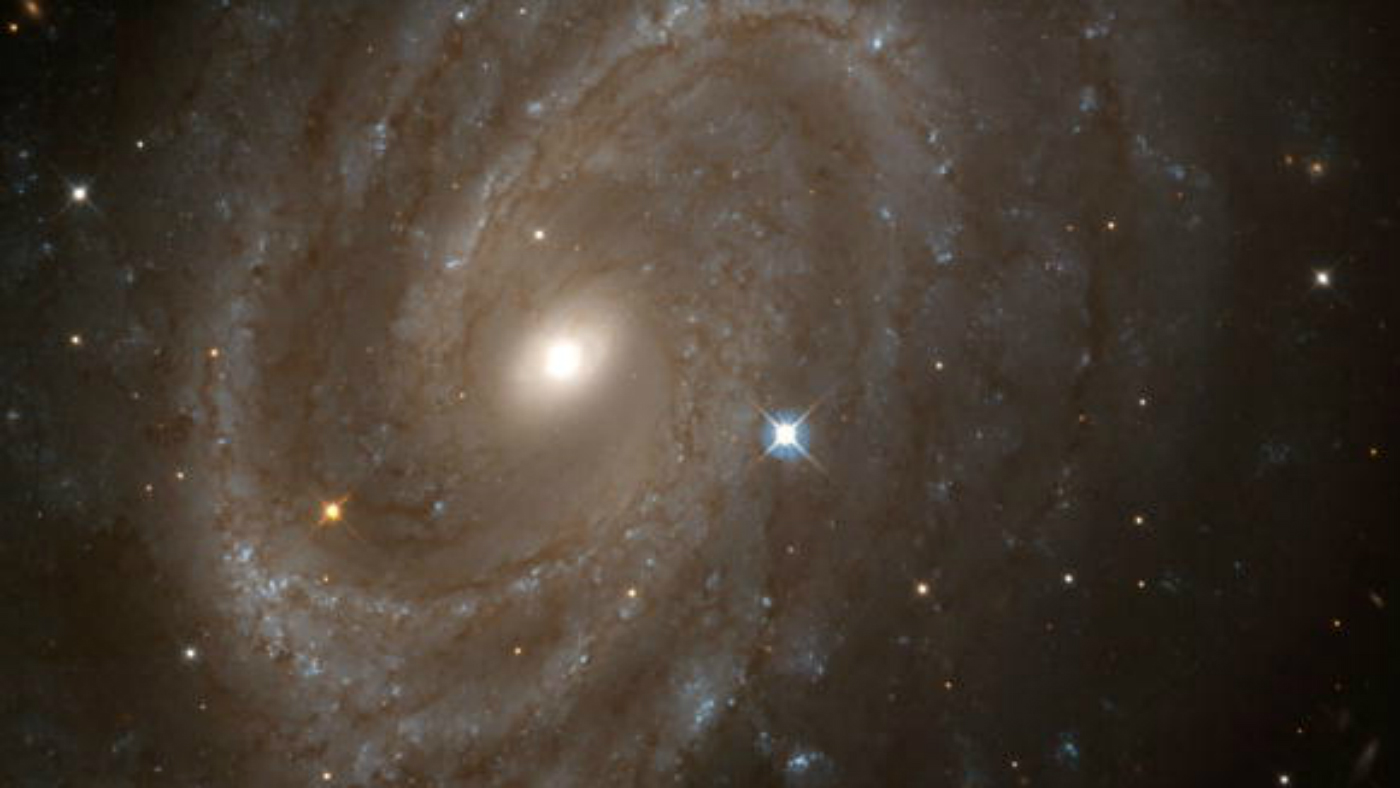Are we made up of alien atoms?
Study suggests half of all matter in the Milky Way came from another galaxy

A free daily email with the biggest news stories of the day – and the best features from TheWeek.com
You are now subscribed
Your newsletter sign-up was successful
Half of all the atoms found in humans came from a galaxy far, far away, a new study suggests.
Astrophysicists at Northwestern University in Chicago have found that up to 50 per cent of the matter that makes up our bodies, planet and the solar system was probably formed a million light years beyond the Milky Way.
Supercomputer simulations suggest it was transported by powerful intergalactic winds made of gas from the explosions of dying stars in distant galaxies.
The Week
Escape your echo chamber. Get the facts behind the news, plus analysis from multiple perspectives.

Sign up for The Week's Free Newsletters
From our morning news briefing to a weekly Good News Newsletter, get the best of The Week delivered directly to your inbox.
From our morning news briefing to a weekly Good News Newsletter, get the best of The Week delivered directly to your inbox.
"Supernova explosions can fling trillions of tonnes of atoms into space with such ferocity that they escape their home galaxy's gravitational pull and fall towards larger neighbours in enormous clouds that travel at hundreds of kilometres per second," reports Ian Sample, The Guardian's science editor.
Much of the hydrogen and helium that falls into galaxies forms new stars, he adds, while heavier elements become the building blocks for comets and asteroids, planets and life.
"Science is very useful for finding our place in the universe," says lead researcher Daniel Angles-Alcazar. "In some sense we are extragalactic visitors or immigrants in what we think of as our galaxy."
The next step for Angles-Alcazar and his research team is to work with observatories and Hubble Space Telescope astronomers to test out the simulation predictions, Wired reports.
A free daily email with the biggest news stories of the day – and the best features from TheWeek.com